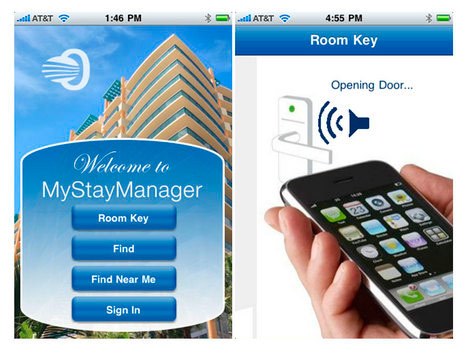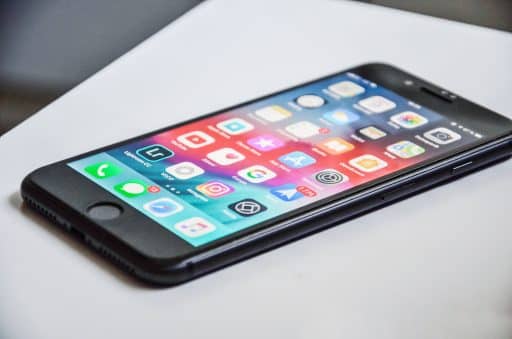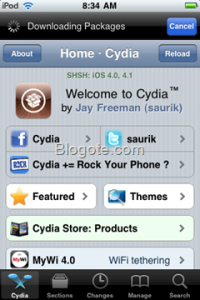Mobile solution provider that developed the world’s first crypto acoustic solution for check-in/out and room access via any guest’s mobile phone announces new services to further enhance operations and guest services.
OpenWays, the global provider of mobile-based access-management solutions for the security and hospitality industries, announces an application for smartphones (embedded or mobile web-based) that allows travelers to check-in remotely, bypass the front desk and open the door to their room by simply pressing a “key” icon on their mobile device. Those traveling with an iPhone, BlackBerry, NOKIA, Android-based or other Windows-based mobile cell phone can securely obtain an encrypted room key in “full data mode” — as long as they are staying at a hotel that enables the OpenWays mobile key service.
The OpenWays solution was introduced in November as a way to enable any of the 4 billion cell phones in the world to receive a dematerialized key via an encrypted acoustic tone to bypass the front desk and access door locks. This ubiquitous solution uses the principle of Crypto Acoustic Credential (CAC™) and text messaging (SMS) to very securely deliver a key to the right user anywhere in the world. The solution is compatible with the major electronic-locking systems and access-control systems. The acoustic key produced is unique, and thanks to OpenWays patents-pending solutions, a fraudulent recording of the key will be made inefficient to open a door.
This month, InterContinental Hotels Group announced that they would soon be trialing OpenWays at Chicago’s Holiday Inn Express Houston Downtown Convention Center, enabling iPhone owners to fire up an app and watch their room door open in a magical sort of way. Other smartphone platforms will also be supported, and as we’ve seen with other implementations, users of the technology will also be able to turn to their phone to order additional services, extend their stay or fess up to that window they broke. There’s no word on when this stuff will depart the testing phase and go mainstream, but we’re guessing it’ll be sooner rather than later.
Check out the video:



